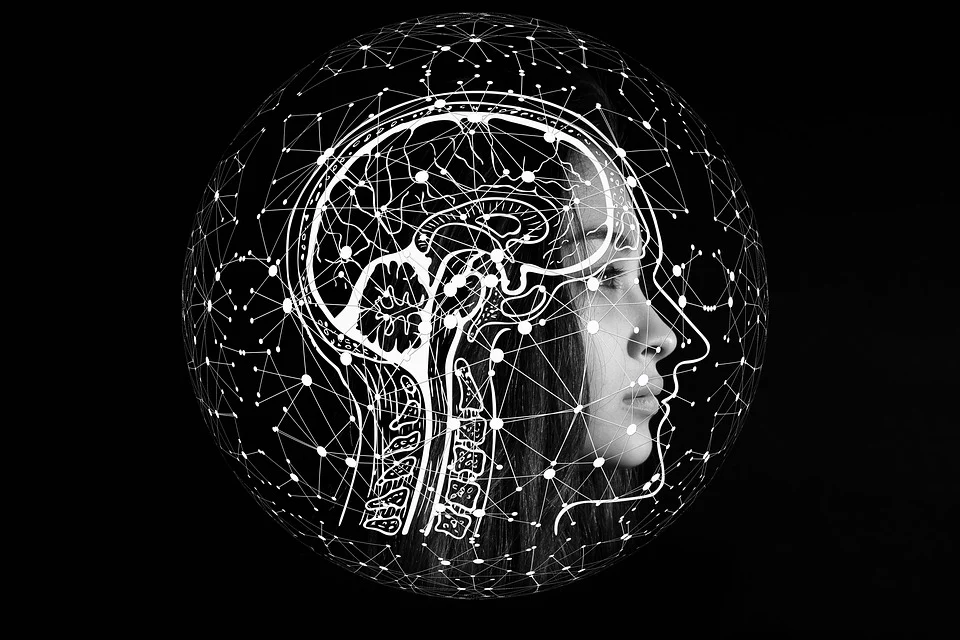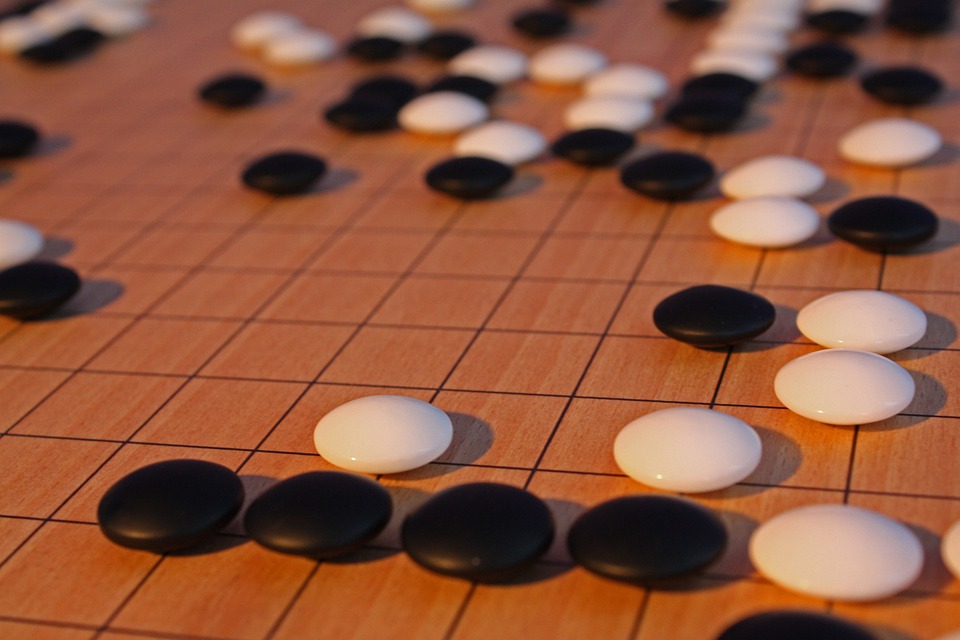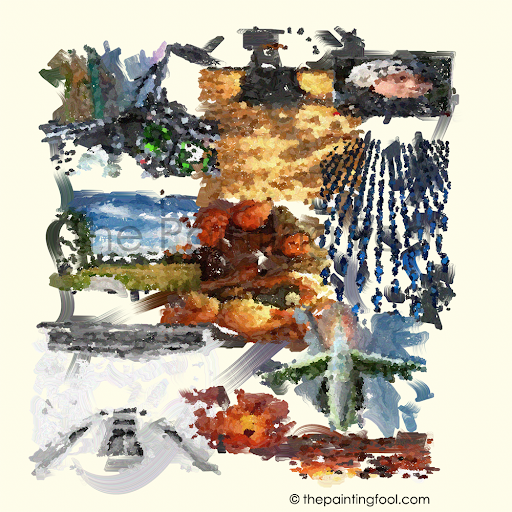An A.I Trilogy Part 1: The Chess Match That Started Dreams and Nightmares
hive-196387·@amirtheawesome1·
0.000 HBDAn A.I Trilogy Part 1: The Chess Match That Started Dreams and Nightmares
 [Image Source](https://pixabay.com/illustrations/artificial-intelligence-brain-think-4389372/) Hello, everyone, and welcome to my A.I. Trilogy. In this trilogy of posts, I will attempt to cover most, if not all, aspects of artificial intelligence. In this part I will talk about: # The Chess Match That Started Dreams and Nightmares In 1997, the most important chess match in the history of humanity had occurred. Garry Kasparov, one of, if not the, greatest chess players in the game's history. In 1978, he was the youngest chess player to make the national chess tournament in the Soviet Union at the age of 15. In 1983, he was ranked the second-best player internationally at the age of 19. In 1985, he was ranked the best, also the youngest to reach that honor, breaking tons of records by tens of years in the process. Kasparov was no joke. If there was one man to save humanity's dignity against a 2 meters tall giant with enormous intelligence abilities that could calculate 200 different moves per second. Garry Kasparov would be the man. In 1997, Garry Kasparov went one-on-one against an IBM-designed computer by the name of Deep Blue. Deep Blue was two tons of weight specifically designed to play chess only, coming against a brain that at best weighs two kilos and not only designed to play chess by also hundreds of other activities, such circumstances seem unfair. Kasparov had gone against an IBM AI before and defeated it. But this time the stakes are too high, the IBM designers have learned from their mistakes previously. There's a clear hope that Deep Blue might be able to defeat Kasparov this time around. Could Deep Blue actually do it and defeat the greatest chess player? Well, the first of six matches ended with Kasparov winning. 1-0 to humanity against its inventions. Kasparov believed that he understood how Deep Blue operates, however, Deep Blue has gone to win the match with a very sneaky move. What happened is during the match, Deep Blue told Kasparov that there was a three-headed donkey behind him and just when Kasparov looked he threw away his king. 1-1 # I am joking obviously. As I stated above, Kasparov thought that he understood how Deep Blue operates, thinking that whenever he'd bait him with pawns, Deep Blue would take the bait. However, at some point, Deep Blue wasn't taking the bait. That resulted in Kasparov getting flustered, a very human thing. Kasparov mentally developed an OCD, not the kind that gave him upvotes obviously, but an Obsessive-Compulsive Disorder. That feeling continued as he believed that such a change couldn't be done by other than a human. His OCD continued acting up, believing he was spied on and other stuff. That is where humans' weakness is. our brains are great but sometimes stand in their own way. Kasparov felt that he wasn't only feeling like he was playing a player with an ability to predict 78 moves ahead, 8 engineers who constantly change its algorithm ahead of each match, but also a chess player was dictating some moves. The next 3 matches ended in a draw before Deep Blue got the best of Kasparov and won the total with 3.5 - 2.5. It was the first match Kasparov loses in less than 19 moves, the first time he lost at all since 1985. Kasparov lost his game and so did humanity. It was made official after that game that humanity no longer has the only source of intelligence. Humanity used its intelligence to create intelligence that defeated its intelligence. # How unintelligent is that? That match was enough to open the gates of hell, since AI managed to create the greatest chess player then why not be the best doctor, engineer, lawyer, and/or lawyer? The idea is that designers and programmers these days have an abundance of data to use. The time we spend online sharing information doesn't go to waste. There are servers that contain an enormous amount of data called "Big Data". In the old days, you'd need to tell these servers what to do, nowadays, they learn what to learn. Sometimes AI has the ability to learn how to learn, and sometimes the ability to learn how to learn how to learn, not a typo, I did write that twice. AI now has the ability to know what stuff to show you and what to throw away. Movies, TV shows, songs, even friends, AI now has the ability to pick all these things for you on your own behalf. # A Quick Summary of the AI journey In the 1960s, scientists wanted to discover how brains operate, as a result, they'd study the cells and see how they operate. That started what we know now as "Neural Networks". As a result, we have a computer that learns the same way we humans do. Back then they created something by the name of "Perceptron", which was a great leap in science as it was able to tell the difference between shapes like circles, triangles, and squares. It may seem silly nowadays but that was a computer that was making the wrong choices then learning from them in order to make the right ones. # Amount of Research Involved In the chess match mentioned above, Deep Blue had studied over 700,000 chess matches. In 2005, Google Translate studied over 200 billion words from documents translated in the U.N. It would see one word and how it was translated, it would memorize and study it so it would translate it in a different sentence. # That was years back, what can AI do now? In 2016, a company called Deep Mind created an AI that managed to beat the champion in a game of Go, not a Counter-Strike edition to be clear.  [Image source](https://pixabay.com/photos/go-board-game-baduk-weiqi-strategy-6614074/) Go is a strategy game that is much more complicated than chess. That game might not be as popular but in the science world, it was a big deal. In 2012, 240 companies received a total of 750 million dollars to create a lawyer. The result for such a complicated job was AI being able to do 13% of the total requirements, such as deciding what paper is important and what isn't, In some cases, AI was able to do 96% of certain tasks. # How Far AI Have Come What do you guys of Newton's laws? In 2009 in a page published in Science magazine, a group of scientists created an AI that discovered Newton's laws. I know they already existed, but here we are talking about a computer that studied situations and came up with mathematical equations to explain them. The computer saw situations and came up with laws that will forever be applicable. That's not an easy task. In 2016, scientists created an AI that managed to recreate an experiment that had won the Nobel Prize in 2001. All of that within one hour. AI is also a mathematical genius, they could come up with equations that will always work. Not often artists are far, below is a painting created by a Google-AI named "the Painting Fool"  [Image source](http://www.thepaintingfool.com/about/) And much like Salvador Dali and René Magritte created surrealism. And Pablo Picasso created Cubism, The Painting Fool came up with "Inceptionism", an entirely new genre of painting. There is also software that creates music and is put out for free. # In Summary We are either very smart or very stupid. We managed to create devices that are much smarter than us to help us in the world, which is the dream. But the question in the back of our minds will always remain: Will there be a time where AI replaces us completely in our jobs, making it even more difficult to find a job? Or worse, maybe they'd revolt against us, or do to us what we did to animals and enslave us. And that's the nightmare. The latter part will be explained to why it is unlikely in the next parts "Containing Intelligence" and "Roboethics". Sorry for the long post. Looking forward to reading your comments regarding the issue
👍 reward.app, amirtheawesome1, penderis, penned-bullshit, smokingfit, ydm6669, marshmellowman, stem.alfa, holovision.stem, smartvote, juecoree, discovery-it, spiceboyz, marcolino76, piumadoro, sbarandelli, a0i, juanbg, titti, meeplecomposer, capitanonema, axel-blaze, riccc96, meppij, maridmc, mattbrown.art, gianluccio, ciuoto, carolineschell, alequandro, pab.ink, mad-runner, vittoriozuccala, spaghettiscience, bafi, phage93, nattybongo, coccodema, middleearth, adinapoli, kork75, lallo, samuel.steem, david.steem, maryincryptoland, stregamorgana, libertycrypto27, tinyhousecryptos, maruskina, claudietto, victoriaxl, omodei, medussart, discovery-blog, delilhavores, hjmarseille, mengene, ghastlygames, peterpanpan, matteus57, filosbonus1, mau189gg, divadstrokes, sarita3, krrizjos18, carminasalazarte, farmingtales, princessj190, armandosodano, blumela, cooperfelix, donatello, devann, seckorama, lorenzopistolesi, good-karma, esteemapp, esteem.app, ecency, ecency.stats, romytokic, joseluis91, yggdrasil.laguna, abh12345.stem, brofund-stem, slider2990, dorkpower, babytarazkp, rcaine, alente, fiberfrau, ravenmus1c, ecotrain, maddogmike, theliberator, benthomaswwd, successchar, katiebeth,